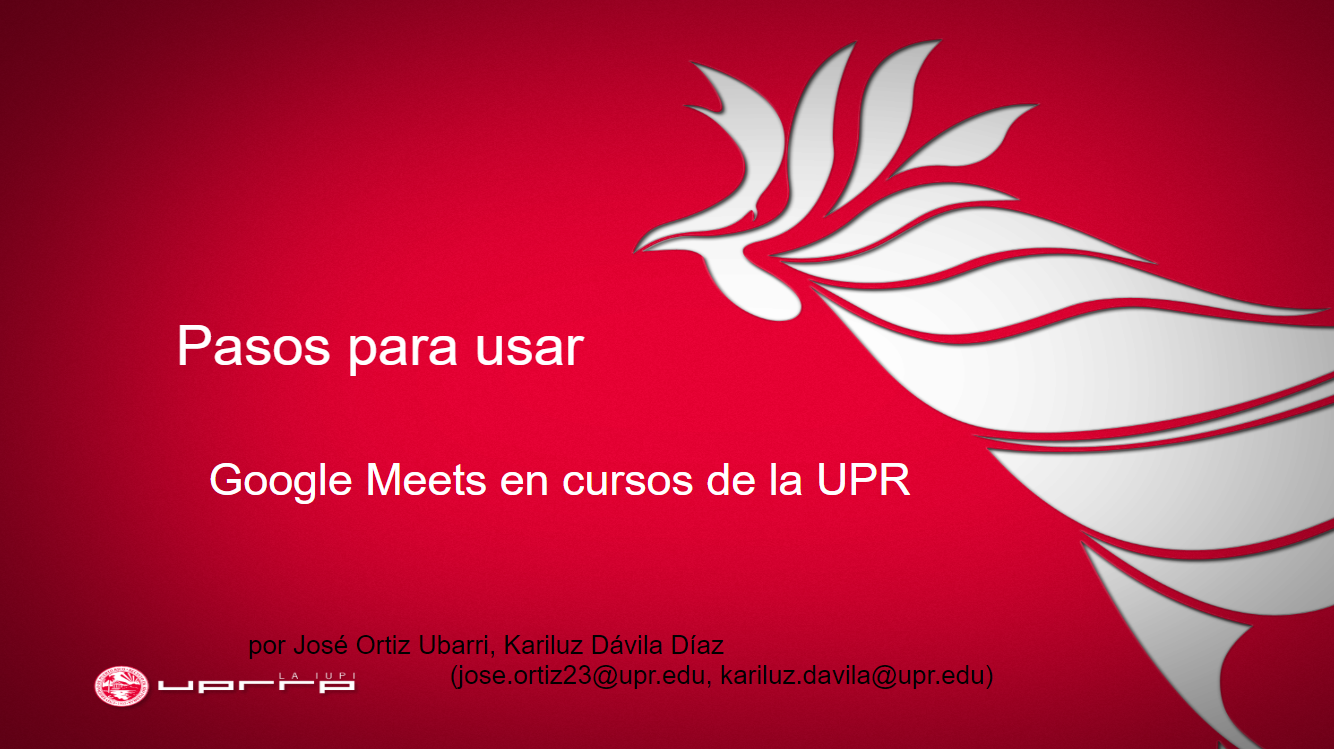

#Moodle uprrp series
Students will learn about the research currently being conducted at the University of Puerto Rico and abroad through a series of graduate students and faculty seminars.

This one credit course is meant to give students exposure to different topics of relevance to Environmental Sciences. In addition to in-class lectures, information will be shared via outside reading assignments, laboratories projects and sites visits to local algae farms. The course will feature prominent guest speakers and lectures focusing on current energy related events. This course will use real-world examples while providing insights into technological trends aiming at securing our energy future. Cultivation essential for biodiversity sampling and analysis will also be emphasized. All these techniques will be investigated through field forays and laboratory studies.

Topics will be interdisciplinary and will include algal diversity, collection from various habitats and preservation. With that in mind, this multidisciplinary course is designed to provide participants with an overview of algal biomass cultivation and characterization. Therefore, it is vital for us to train the next generation of green workers in this critical area. Due to their sustainable nature (constantly being replenished by photosynthesis), while storing significant amounts of energy-rich compounds (oil, starch and other biopolymers), biomass has been placed on the bioenergy priority list. Biomass represents an attractive alternative for both energy and chemical production that meet these requirements. These alternatives must be both renewable and environmentally sustainable. There is a growing consensus that constraints on the supply of petroleum and the negative environmental consequences of burning fossil fuels, require that modern societies adopt alternative sources of energy. Students will be required to defend their own scientific positions related to controversial scientific and public policy topics before their peers and practice the role of peer review by critically examing the work of each of the other members of the class. In addition, the course will strive to encourage students to carry out critical readings of the scientific and public policy literature as well as some popular debates on appropriate social responses to risk. By the end of the semester, the successful student will have a thorough understanding of the degree of risk which society will have to mitigate and for which we as scientists will have to devise public policies. Students will read the scientific and public policy literature related to the modeling and evaluation of these risks and present their assessment of their readings to their student peers. The course will focus on the accelerating environmental and social risks which our society is facing and will continue to face in the coming years.


 0 kommentar(er)
0 kommentar(er)
